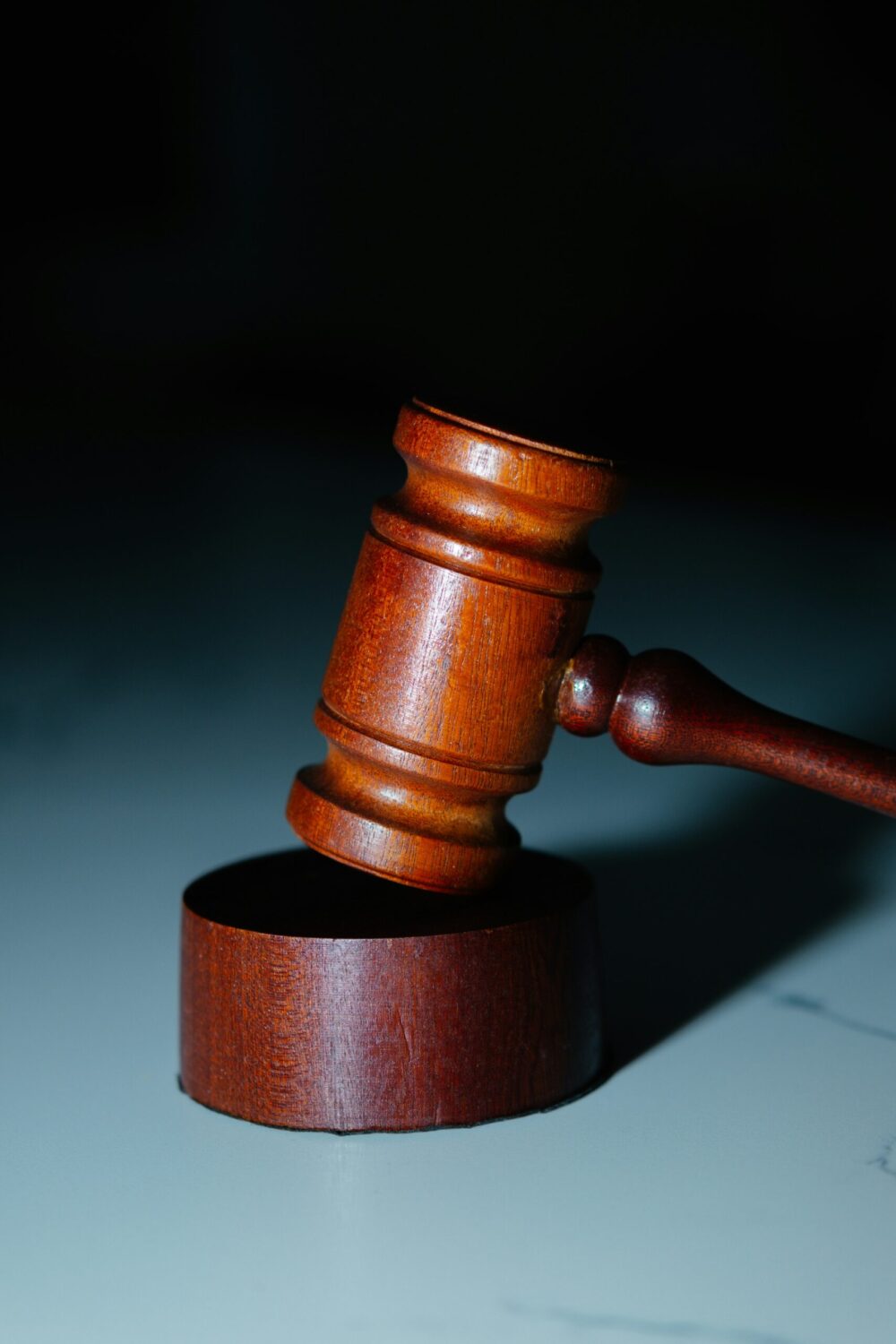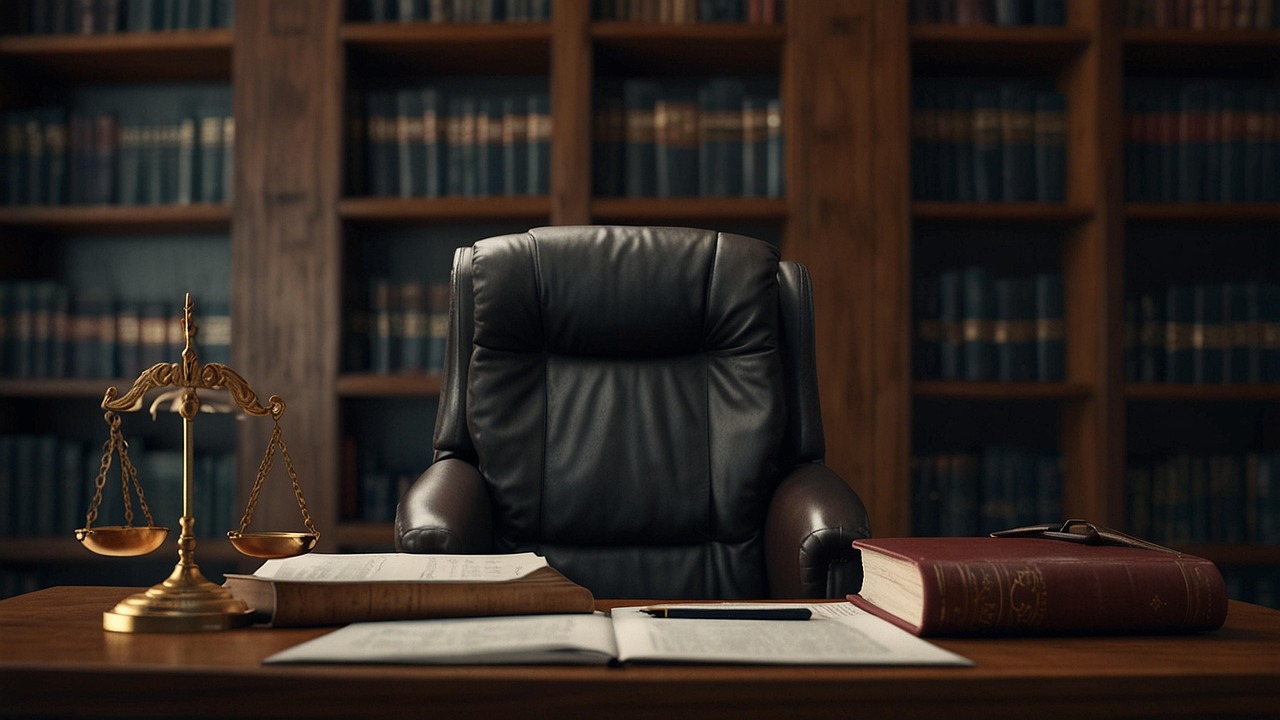Divorce is never easy, and in today’s world, social media can make it even more complicated. Many people don’t realize that what they post online—photos, comments, or even “likes”—can be used during a divorce case. If you’re going through a divorce in Louisiana, it’s important to understand how social media can impact your situation and what steps you should take to protect yourself.
Social Media is Public Evidence
Even if your social media accounts are set to “private,” nothing you post online is ever truly private. Screenshots can be taken, posts can be shared, and courts can request access to your accounts. In many divorce cases, social media content is used as evidence. For example, a photo of a big purchase might be used to question someone’s honesty about their finances, or a post from a party could raise concerns about parenting decisions.
What you say and share can be brought up during divorce proceedings, especially if your spouse’s attorney is looking for information to use in court. That’s why many divorce attorneys advise their clients to avoid social media during the process.
Posts That Can Cause Problems
Here are a few types of social media posts that can hurt your divorce case:
- Posts about spending or new purchases: If you claim you can’t afford child support or spousal support, but you’re posting about a new car, vacation, or shopping spree, the court may question your truthfulness.
- Negative posts about your spouse: Talking badly about your spouse on Facebook or Instagram can hurt your image in front of the judge. It may also affect child custody decisions if the court sees it as hostile behavior.
- Photos with new romantic partners: Even if you’ve moved on emotionally, posting photos of a new boyfriend or girlfriend before the divorce is final can lead to problems. Your spouse may claim adultery or use it as a reason to fight for more in the settlement.
- Party photos or risky behavior: Pictures of you drinking heavily, staying out late, or engaging in questionable behavior can be used to challenge your fitness as a parent.
Child Custody and Social Media
When children are involved, social media becomes even more important. Judges always focus on what’s best for the child. If one parent’s posts suggest unsafe behavior, poor judgment, or an unstable lifestyle, the court may decide that parent should have limited custody or visitation.
Even comments that seem harmless—like joking about being “so done” with parenting—can be taken out of context. A good rule of thumb: If you wouldn’t want a judge to read it, don’t post it.
Tips for Handling Social Media During Divorce
If you’re going through a divorce, here are some smart steps to follow when it comes to your online activity:
- Think before you post: Don’t post anything that could be used against you. Ask yourself, “Would I want a judge to see this?”
- Limit your activity: It may be best to take a break from social media altogether while your divorce is ongoing.
- Avoid talking about the case: Never post about your divorce, your ex, or court proceedings.
- Update your privacy settings: Make your accounts private, but remember that this doesn’t guarantee protection.
- Don’t delete old posts: Deleting social media content after the divorce process begins can sometimes be seen as destroying evidence.
How a Divorce Attorney Can Help
Going through a divorce involves many moving parts—dividing property, deciding custody, and managing emotions. Adding social media into the mix can make things more stressful. That’s why it’s important to work with an experienced divorce lawyer who understands all aspects of the legal process, including how digital activity can play a role.
At Colonna Law Firm, you can work with a skilled divorce attorney in Lake Charles who knows how to protect your rights both in and out of the courtroom. From gathering evidence to guiding you through communication dos and don’ts, the right attorney can help you avoid common mistakes that might hurt your case.
Final Thoughts
Social media can feel like a safe space to vent, share updates, or show your side of the story—but during a divorce, it can quickly become a trap. Even something that seems innocent can be twisted or misunderstood when shown in court. By being careful about what you post and working closely with a trusted attorney, you can protect yourself and your future.
Remember, divorce is a legal process, not a social one. Keeping your private matters offline is one of the best things you can do for yourself and your family during this challenging time.








